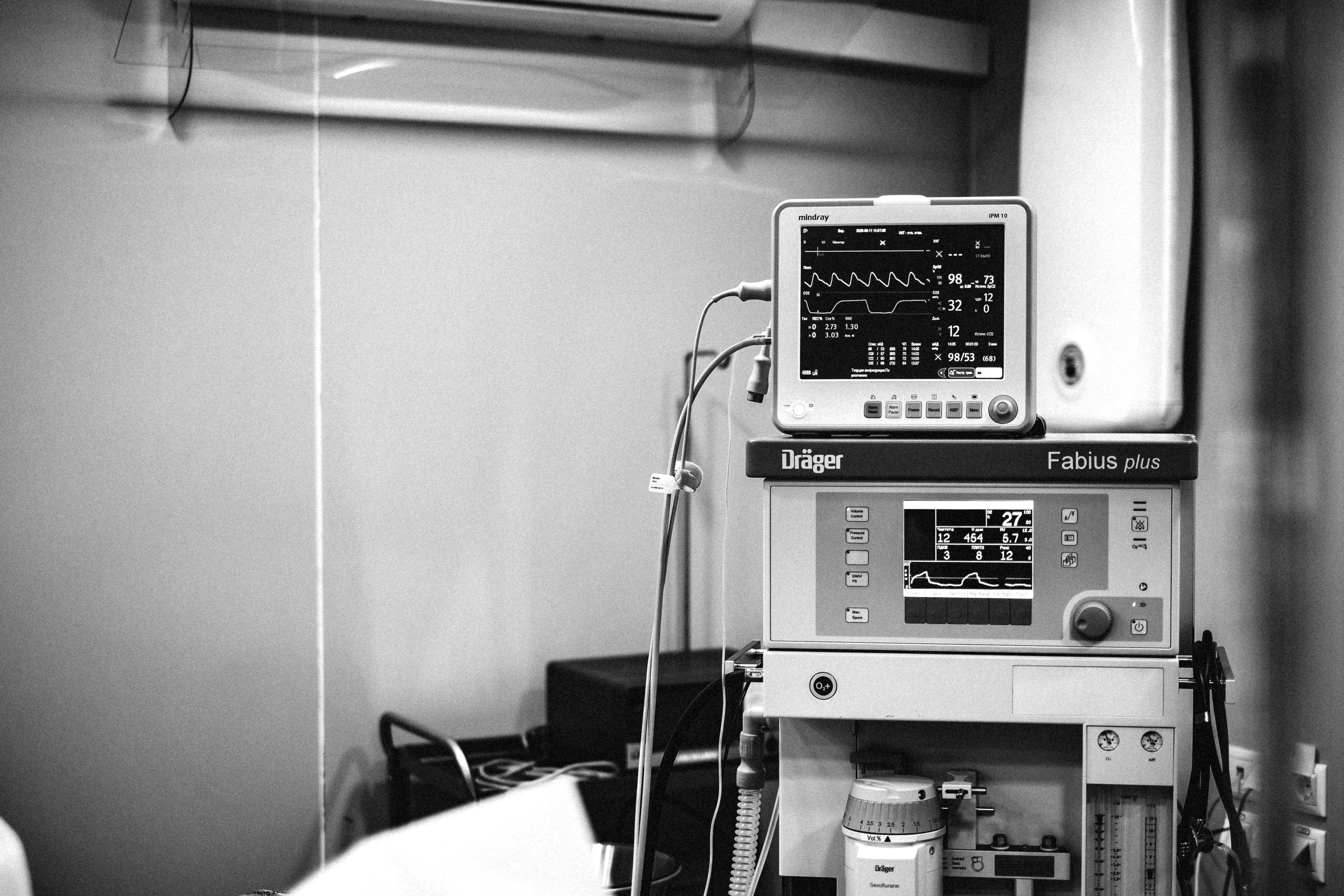Certified Registered Nurse Anesthetists (CRNAs) play a pivotal role in healthcare, delivering anesthesia to patients across a variety of settings, including surgeries, labor and delivery, pain management, and emergency procedures. This specialty is among the most advanced in the nursing field, requiring significant education and experience due to the critical nature of the work involved. CRNAs are fundamental in ensuring patient comfort and safety during procedures that might otherwise be highly distressing or painful.

Educational Pathway to Becoming a CRNA
Prerequisites for Entering CRNA Programs
The journey to becoming a CRNA begins with obtaining a Bachelor of Science in Nursing (BSN) or a closely related science degree. Prospective nurse anesthetists must also secure a license as a Registered Professional Nurse or Advanced Practice Registered Nurse (APRN), which needs to be active and in good standing within the state of employment.
Critical Care Experience
A minimum of one year of full-time experience in an acute care setting, such as an Intensive Care Unit (ICU) or an Emergency Room (ER), is essential before entering a nurse anesthesia program. However, many candidates have an average of five years of experience, which equips them with the necessary skills to manage critical situations they will encounter as CRNAs.
Advanced Educational Requirements
All nurse anesthesia educational programs in the U.S. are now at the doctoral degree level, as mandated by the Council on Accreditation of Nurse Anesthesia Educational Programs (COA). These programs typically range from 24 to 51 months, depending on the institution's prerequisites and structure. Coursework includes advanced subjects such as anatomy, physiology, pathophysiology, anesthesia pharmacology, and pain management, along with studies in statistics, research methodologies, and legal aspects relevant to the profession.
Clinical Experience
During their training, student nurse anesthetists accumulate approximately 9,000 hours of clinical experience, providing them with substantial hands-on practice in various anesthesia techniques and settings.
Certification and Licensure
Upon completion of a nurse anesthesia program, graduates must pass the certification exam administered by the National Board of Certification and Recertification for Nurse Anesthetists (NBCRNA). This comprehensive test, ranging from 100 to 170 questions, evaluates the candidate's knowledge and readiness to practice safely and effectively.
Employment and Practice
CRNAs are employed in diverse environments where anesthesia is required, from hospital surgical suites to dentist offices and military facilities. They work autonomously or in collaboration with physicians, surgeons, and other healthcare professionals to develop and execute anesthesia care plans.
Continuing Education and Certification Renewal
Maintaining certification involves completing a rigorous Continued Professional Certification Program, which is evaluated over eight-year cycles. This includes acquiring 60 Class A credits, 50 Class B credits, and completing four code modules on essential topics such as airway management and anesthesia equipment. Additionally, CRNAs must participate in periodic assessments to renew their licenses and ensure their knowledge and skills remain current.
The Rewarding Career of a CRNA
Choosing to become a CRNA is a commitment to a career that not only commands respect but also provides significant financial and professional rewards. With an expected job growth of 45% from 2020 to 2030 and an average salary of $203,990, the role of a CRNA is both stable and lucrative. The profound impact CRNAs have on patient outcomes and the high level of trust they enjoy in the community make this career path both challenging and immensely satisfying.
Becoming a CRNA involves extensive preparation and dedication, but the rewards—both personal and professional—are unparalleled. This role not only allows for direct impact on patient care but also offers the opportunity for continuous growth and learning in the ever-evolving field of healthcare.

Laura Kleffner is the VP of Marketing Operations at PracticeMatch.
She has been with PracticeMatch since 2014. Laura is responsible for the PracticeMatch marketing strategy to reach physicians as well as healthcare organizations with a need for physician recruitment resources.